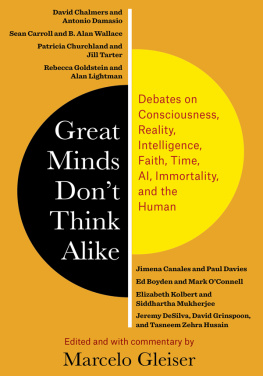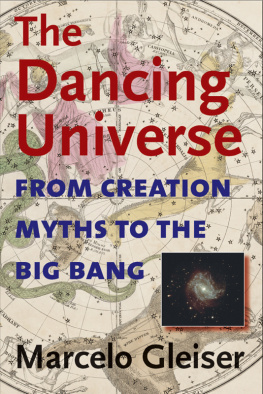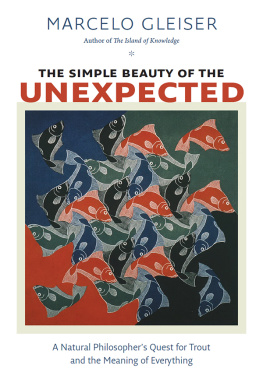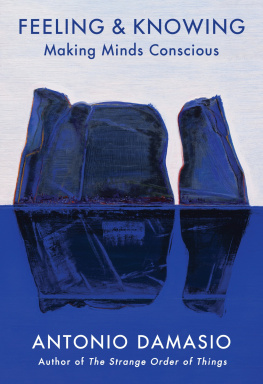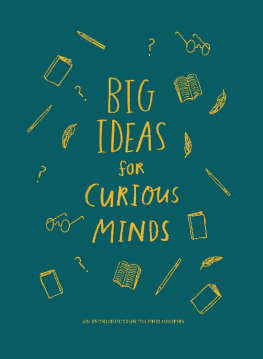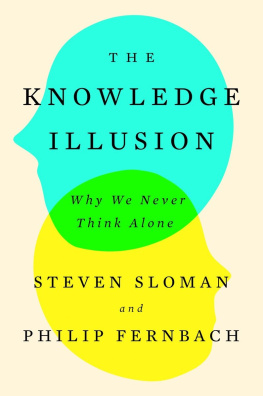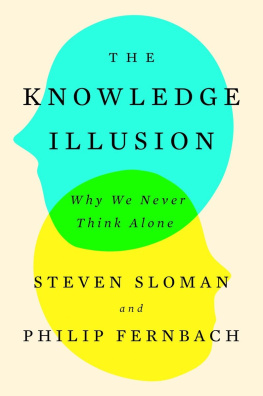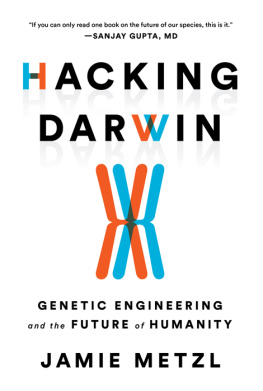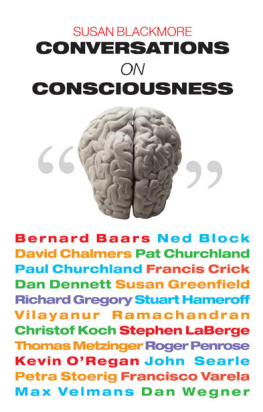Table of Contents
GREAT MINDS DONT THINK ALIKE
GREAT MINDS
DONT THINK ALIKE
DEBATES ON
CONSCIOUSNESS, REALITY,
INTELLIGENCE, FAITH, TIME,
AI, IMMORTALITY, AND
THE HUMAN
EDITED AND WITH COMMENTARY BY
MARCELO GLEISER
Columbia University Press
New York
Columbia University Press
Publishers Since 1893
New York Chichester, West Sussex
cup.columbia.edu
Copyright 2022 Marcelo Gleiser
All rights reserved
EISBN 978-0-231-55537-1
Library of Congress Cataloging-in-Publication Data
Names: Gleiser, Marcelo, author.
Title: Great minds dont think alike : debates on consciousness, reality,
intelligence, faith, time, AI, immortality, and the human / by Marcelo Gleiser.
Description: New York : Columbia University Press, [2021] | Includes index.
Identifiers: LCCN 2021022050 (print) | LCCN 2021022051 (ebook) |
ISBN 9780231204101 (hardback) | ISBN 9780231204118 (trade paperback) |
ISBN 9780231555371 (ebook)
Subjects: LCSH: Philosophy.
Classification: LCC B53 .G49 2021 (print) | LCC B53 (ebook) | DDC 100dc23
LC record available at https://lccn.loc.gov/2021022050
LC ebook record available at https://lccn.loc.gov/2021022051
A Columbia University Press E-book.
CUP would be pleased to hear about your reading experience with this e-book at .
Cover design: Noah Arlow
Contents
THE DIALOGUES
1 The Mystery of Consciousness: A Dialogue
Between a Neuroscientist and a Philosopher
David Chalmers and Antonio Damasio
2 The Nature of Reality: A Dialogue Between a
Buddhist Scholar and a Theoretical Physicist
Sean Carroll and B. Alan Wallace
3 Future of Intelligence: Human, Machine,
and Extraterrestrial: A Dialogue between an
Astronomer and a Philosopher
Patricia Churchland and Jill Tarter
4 The Nature of Spirituality: A dialogue on
Science and Religion
Rebecca Goldstein and Alan Lightman
5 The Mystery of Time: A Dialogue Between
a science historian and a Physicist
Jimena Canales and Paul Davies
6 Cyborgs, Futurists, & Transhumanism:
A Dialogue Between a Neuroscientist
and an Author
Ed Boyden and Mark OConnell
7 On Human and Planetary Longevity: A Dialogue
Between an Environmentalist and a Doctor
Elizabeth Kolbert and Siddhartha Mukherjee
8 On Being Human: A Dialogue on Literary and
Scientific Perspectives
Jeremy DeSilva, David Grinspoon,
and Tasneem Zehra Husain
I n Fall 2016, I joined the stage of 92nd Street Y in New York City with neuroscientist Antonio Damasio and philosopher David Chalmers for a conversation on the Mystery of Consciousness. This was the first in a series of public dialogues that I conducted for the next five years in theaters and universities across the United States. They were part of the activities of the Institute for Cross-Disciplinary Engagement at Dartmouth, which I founded with generous funding from the John Templeton Foundation. Our mission was to bring scientists and humanists together, in what I call constructive engagement, to discuss and confront some of the most challenging questions of our times, from the more abstract What is the nature of reality? to the more practical What is the future of humanity in the age of AI? Our motivation was the essential realization that such questions are too complex to be addressed one-dimensionally, either only by the sciences or only by the humanities. As with many questions that define our time, they call for a pluralistic approach, combining different ways of knowing, if we are to make progress in answering them. There are, of course, many questions that are very much within the sole province of either the sciences or the humanities and these, for obvious reasons, were not part of our dialogues. The selection of topics discussed is certainly not complete, but it will hopefully illustrate that the sciences and the humanities have much to say to one another in matters of great import and interest to our collective future.
This volume includes eight of these conversations, in some cases with questions from the audience as well. The topics are broad and timely, and the list of contributors is impressive, from Pulitzer and Templeton Prize winners to MacArthur genius grant fellows and well-known public intellectuals. We live in times when civil discourse is seriously threatened by bigotry and tribal entrenchment. My hope is that the conversations in this book will set an example for how people can engage in a fruitful exchange of ideas, even when there is disagreement.
Beyond the Two Culture Divide
I believe the intellectual life of the whole of western society is increasingly being split into two polar groups. So wrote the British physicist and novelist C. P. Snow in his famous The Two Cultures Rede Lecture delivered at Cambridge University in 1959. Although Snow was mostly concerned with the divisions he felt in his own personal and professional experience between the literary intellectuals and physical scientists, the two-culture split has come to symbolize a wider and ever-growing gulf in academia between the sciences and the humanities. This split, and the strife it often generates, is palpable in most universities, and it speaks directly to the heart of the liberal arts curriculum of schools across the globe, and to the markedly wrong, widespread perception that in a technology-driven world, the humanities are an anachronism.
The roots of this unfortunate split between the two cultures reach back beyond the Enlightenment and its discontents, having been amplified by an increasingly successful scientific enterprise and the consequent technologization of society. The seventeenth century marked a turning point in human intellectual history where what we now call the sciences started to carve their own path away from the Greek philosophical tradition. Kepler, Galileo, Descartes, Newton, Boyle, and many others took off as

